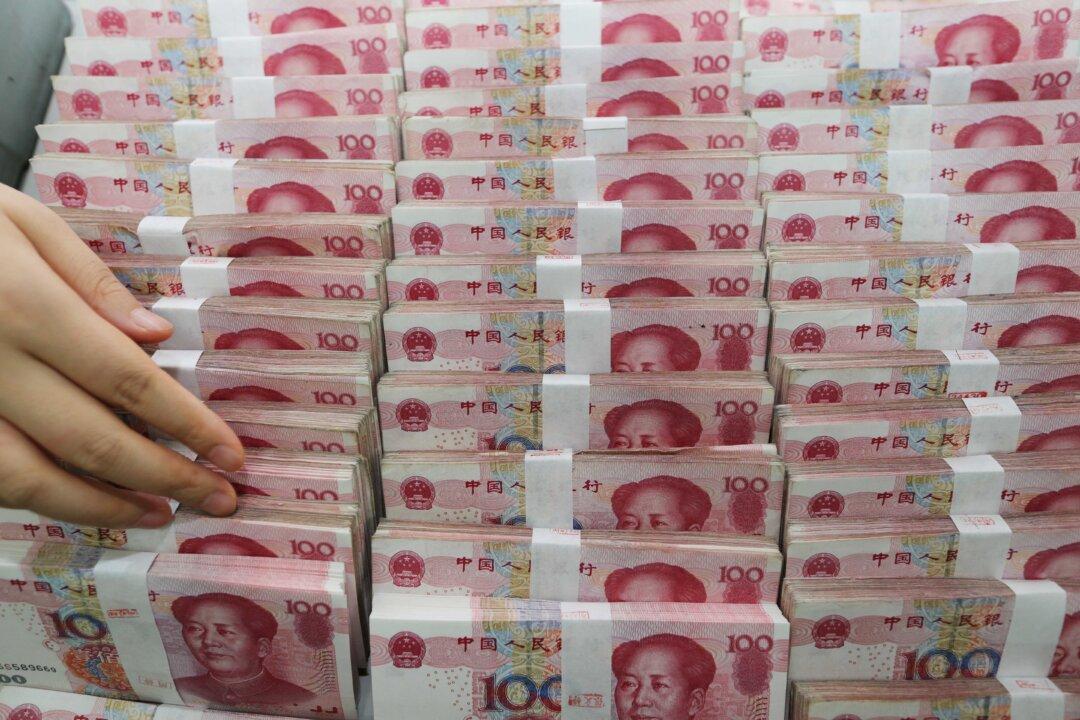Chinese Communist Party cadres are capable of embezzling huge sums of money—but how do they store it?
As the funds are illicit, officials know better than to save the money in banks, so they’ve become very creative in how they hide their stash.

Chinese Communist Party cadres are capable of embezzling huge sums of money—but how do they store it?
As the funds are illicit, officials know better than to save the money in banks, so they’ve become very creative in how they hide their stash.